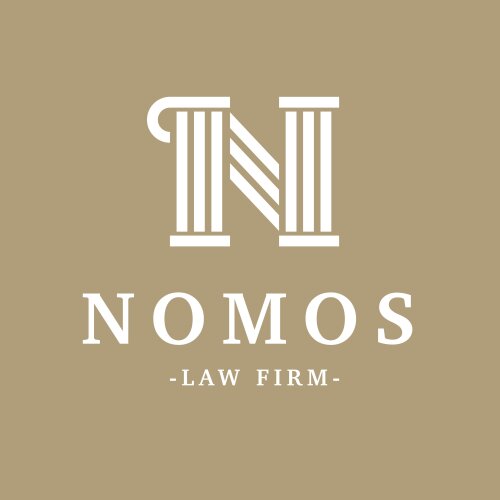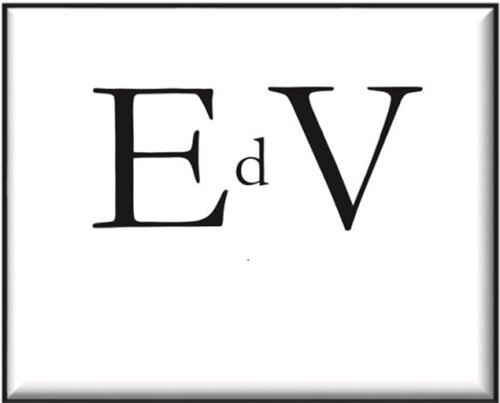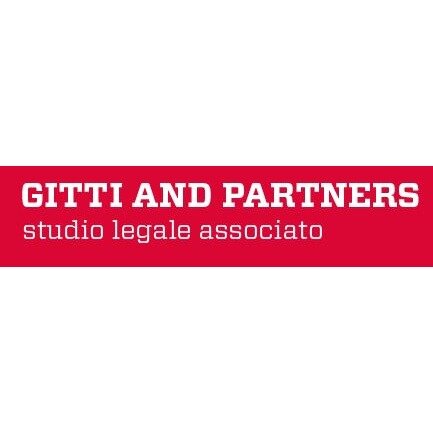Best Merger & Acquisition Lawyers in Rome
Share your needs with us, get contacted by law firms.
Free. Takes 2 min.
List of the best lawyers in Rome, Italy
About Merger & Acquisition Law in Rome, Italy
Merger & Acquisition (M&A) law in Rome, Italy governs the legal aspects of businesses coming together through mergers or acquisitions. It involves the transfer of ownership, assets, and liabilities between companies. M&A plays a crucial role in shaping the business landscape and can have significant legal implications for all parties involved.
Why You May Need a Lawyer
Engaging a lawyer experienced in Merger & Acquisition is essential when navigating the complexities of this field. A lawyer can provide guidance, ensure compliance with local laws, and protect your interests throughout the M&A process. Here are some common situations where legal assistance is necessary:
- Structuring deals: Lawyers can help structure M&A transactions, ensuring they are legally sound and in compliance with all necessary regulations.
- Negotiating and drafting agreements: Lawyers can assist in negotiating and drafting the necessary agreements for mergers, acquisitions, and related contracts, protecting your rights and minimizing risks.
- Due diligence: Lawyers conduct thorough due diligence, examining financial and legal records of companies involved, to uncover any potential issues or liabilities.
- Regulatory compliance: Lawyers ensure compliance with local laws, regulations, and applicable antitrust laws, avoiding legal roadblocks that may arise during the M&A process.
- Dispute resolution: If disputes arise during M&A transactions, lawyers can represent your interests and help resolve conflicts through negotiation, arbitration, or litigation.
Local Laws Overview
When engaging in Merger & Acquisition activities in Rome, Italy, it is crucial to understand the following key aspects of local laws:
- Italian Company Law: Italian Company Law governs the formation, operation, and dissolution of companies, including rules for mergers, acquisitions, and share transfers.
- Antitrust and Competition Laws: Italy has strict antitrust and competition laws to prevent monopolies and protect fair competition. M&A transactions may require approval from the Italian Competition Authority (ICA) to ensure compliance.
- Securities Regulation: Publicly traded companies involved in M&A may need to comply with additional securities regulations and disclosure requirements from the Italian Securities and Exchange Commission (CONSOB).
- Taxation Laws: M&A transactions have tax implications, and it is crucial to consider the tax consequences of mergers or acquisitions to ensure compliance with Italian taxation laws.
- Employment Laws: M&A transactions often impact employees, and Italian Employment Law governs the transfer of employees' rights, collective agreements, and potential redundancies in such cases.
Frequently Asked Questions
Q1: What is the difference between a merger and an acquisition?
A merger involves two or more companies combining to form a new entity, while an acquisition occurs when one company takes over another, and the acquired company becomes part of the acquiring company.
Q2: How long does an M&A transaction typically take in Rome, Italy?
The duration of an M&A transaction can vary based on the complexity of the deal and regulatory requirements. It usually takes several months to complete, involving due diligence, negotiations, and obtaining necessary approvals.
Q3: Do all M&A transactions require approval from the Italian Competition Authority?
No, only M&A transactions that meet certain criteria, such as minimum turnover thresholds or potential antitrust concerns, may require approval from the Italian Competition Authority.
Q4: Can employees be terminated during an M&A transaction?
Italian Employment Law protects employees during M&A transactions. Employers are generally required to inform and consult with employee representatives before making any decisions that may impact employment.
Q5: What are the tax implications of an M&A transaction in Rome, Italy?
M&A transactions have tax implications, including potential capital gains tax, VAT, and transfer taxes. It is advisable to seek professional tax advice to understand the specific tax consequences of your M&A transaction.
Additional Resources
Here are some additional resources that can provide helpful information and guidance regarding Merger & Acquisition law in Rome, Italy:
- Italian Competition Authority (ICA): http://www.agcm.it/
- Italian Securities and Exchange Commission (CONSOB): http://www.consob.it/
- Italian Bar Association: http://www.consiglionazionaleforense.it/
Next Steps
If you require legal assistance or have further questions regarding Merger & Acquisition in Rome, Italy, it is advisable to consult with an experienced lawyer specialized in this field. They can guide you through the process, ensure legal compliance, and protect your interests.
Lawzana helps you find the best lawyers and law firms in Rome through a curated and pre-screened list of qualified legal professionals. Our platform offers rankings and detailed profiles of attorneys and law firms, allowing you to compare based on practice areas, including Merger & Acquisition, experience, and client feedback.
Each profile includes a description of the firm's areas of practice, client reviews, team members and partners, year of establishment, spoken languages, office locations, contact information, social media presence, and any published articles or resources. Most firms on our platform speak English and are experienced in both local and international legal matters.
Get a quote from top-rated law firms in Rome, Italy — quickly, securely, and without unnecessary hassle.
Disclaimer:
The information provided on this page is for general informational purposes only and does not constitute legal advice. While we strive to ensure the accuracy and relevance of the content, legal information may change over time, and interpretations of the law can vary. You should always consult with a qualified legal professional for advice specific to your situation.
We disclaim all liability for actions taken or not taken based on the content of this page. If you believe any information is incorrect or outdated, please contact us, and we will review and update it where appropriate.
















